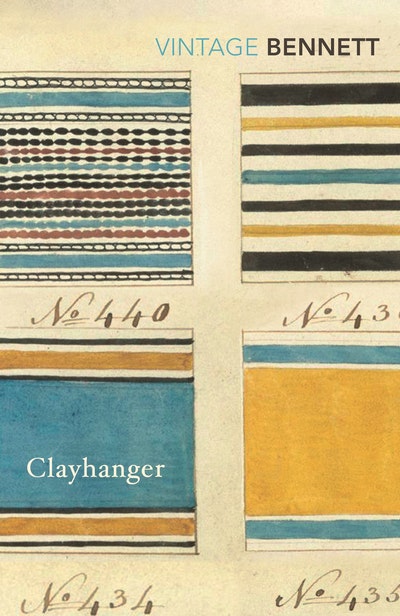Arnold Bennett was born in Hanley, Staffordshire, in 1867. After a secondary school education, he worked first for his father, a self-taught solicitor, and then moved to London as a shorthand clerk with a firm of solicitors. He began to write to make extra money and in 1893 became assistant editor and subsequently editor of the weekly magazine, Woman, reviewing books and writing articles on general subjects, something he continued to do all his life. His first novel, A Man From the North, appeared in 1898 and in 1900 he finished The Grand Babylon Hotel, published in 1902, and began Anna of the Five Towns (1902), in which he first started to use the Potteries of his boyhood as a setting for his novels. In these contrasting works, he also reveals his lifelong fascination for, on the one hand, the world's luxury and opulence, and on the other, puritanism and people who can endure hard work.
In 1903 Bennett moved to Paris and in 1907 he married a Frenchwoman (from whom he separated in 1921). The Old Wives' Tale (1908) was written in France and shows Bennet's main influences, the first being that of his own background and the second that of the French realists such as Flaubert, Maupassant and Balzac. In it, Bennett also reveals his own preoccupations with the effects of time and history on the lives of ordinary people.
This was followed by the Clayhanger trilogy: Clayhanger (1910), Hilda Lessways (1911) and These Twain (1916). His works also include several plays, two volumes of short stories and several other novels. He died in 1931.






